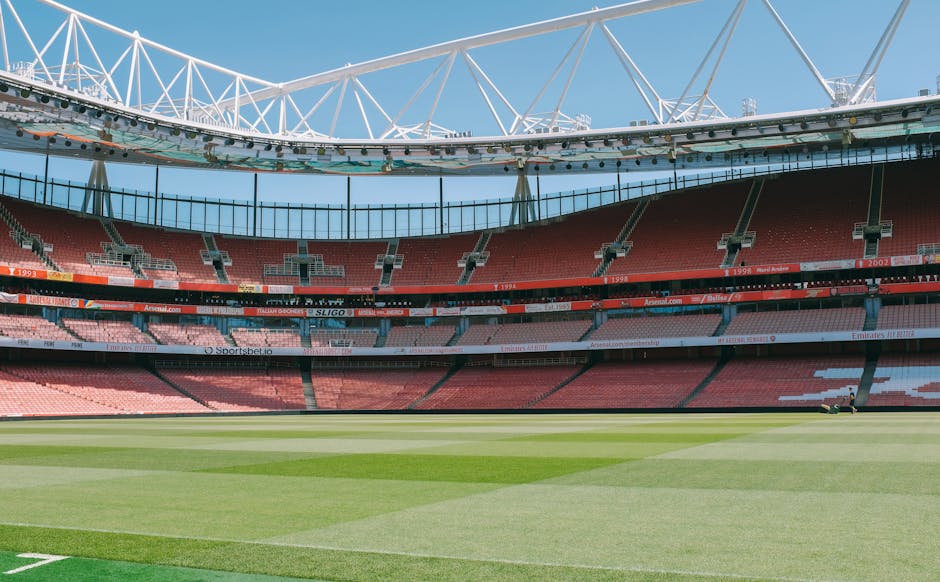The phrase “European Super League” left a sour taste in the mouths of football fans worldwide. The audacious, ill-fated breakaway attempt was seen as a cynical cash grab, a move to create a closed shop for the continent’s richest clubs. While the project collapsed spectacularly within 48 hours, an uncomfortable truth has since emerged: an unofficial Super League has risen in its place. And it’s called the Premier League.
The sentiment, once a whisper in the corridors of European football, is now a full-throated roar. When people say, “England are the Super League of Europe,” they aren’t just talking about on-pitch success; they are pointing to a financial and structural dominance that is reshaping the very fabric of the sport.
The Fuel of Dominance: Unrivalled Financial Power
At the heart of this dominance is a colossal mountain of money. The Premier League’s broadcasting deals are simply in a different stratosphere. The latest domestic and international rights are worth over £10 billion, a figure that dwarfs La Liga, Serie A, and the Bundesliga combined. This financial firepower, fuelled by a massive global audience from Mumbai to Miami, creates a staggering disparity that other leagues cannot hope to match.
This financial engine allows the league to distribute wealth on an unprecedented scale. The club finishing last in the Premier League often earns more in TV revenue than the champions of other major European leagues.
Warping the Transfer Market: A League of Its Own
The result of this financial might is a warped transfer market where English clubs operate on a different plane. Even newly promoted Premier League clubs possess the financial muscle to outbid Champions League regulars from other top leagues. We’ve seen Nottingham Forest spend over €150 million upon their return, a sum that would be unthinkable for most clubs in Spain or Italy.
This isn’t just about the top six anymore; the entire league is flexing a level of wealth that allows English clubs to hoard the world’s most promising talent. This concentration of resources makes the Premier League the ultimate destination, effectively dominating elite European football by draining talent from rival competitions.
From Financial Might to On-Pitch Supremacy
This financial advantage has created a virtuous cycle of on-field excellence. The world’s best managers—Pep Guardiola, Jürgen Klopp, Mikel Arteta—ply their trade in England, drawn by the resources and the intense level of competition. Their presence, in turn, acts as a magnet for the planet’s best players.
- Top Talent: Erling Haaland chose Manchester City over Real Madrid. Top talents from across Europe now see the Premier League not just as a destination, but the destination.
- European Trophies: The proof is in the results. In the last five seasons, there have been two all-English Champions League finals. English clubs have won Europe’s premier competition three times and the Europa League twice in that same period.
- Unmatched Depth: Reaching the semi-finals of a European competition and finding a Premier League team waiting has become the new norm. They are no longer just participants; they are the final bosses.
Is This Dominance Healthy for European Football?
While La Liga has the history of Real Madrid and Barcelona, and Bayern Munich continues its domestic stranglehold in Germany, the Premier League boasts a competitive depth that is unmatched. The “Big Six” has arguably expanded to include a state-backed Newcastle United and a resurgent Aston Villa, creating a weekly spectacle of high-stakes, high-quality football that other leagues simply cannot replicate.
The irony is bitter for many. The Premier League, with its American owners, Middle Eastern state-backing, and globalist commercial appeal, has achieved through market forces what the Super League tried to formalise through a backroom deal. It has become a de facto closed shop of wealth and power.
The question is no longer whether the Premier League is dominant, but whether this level of dominance is healthy for the wider footballing ecosystem. As English clubs continue to pull away, the rest of Europe is left fighting for the scraps. The Super League may have been defeated, but its spirit is alive and well, and it wears a Premier League badge.




